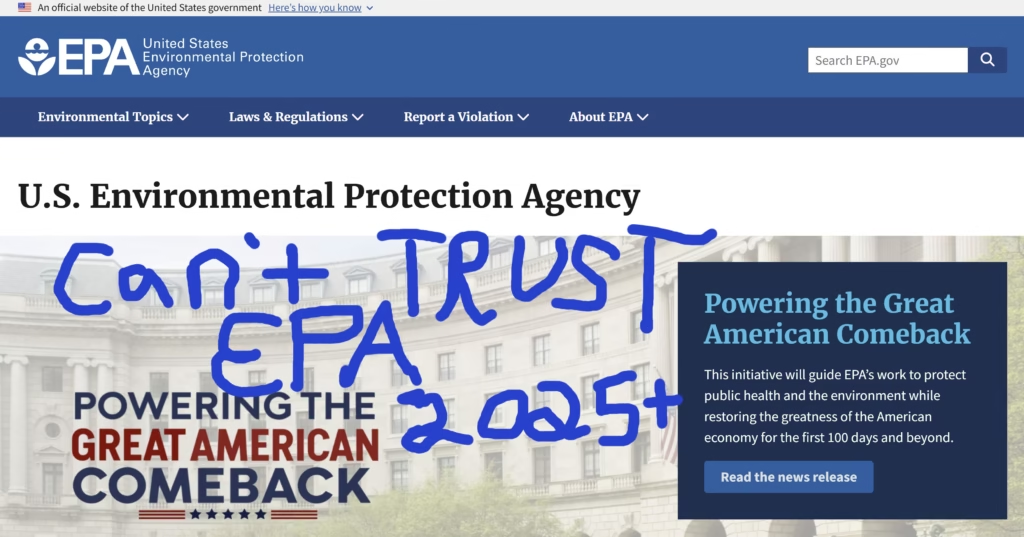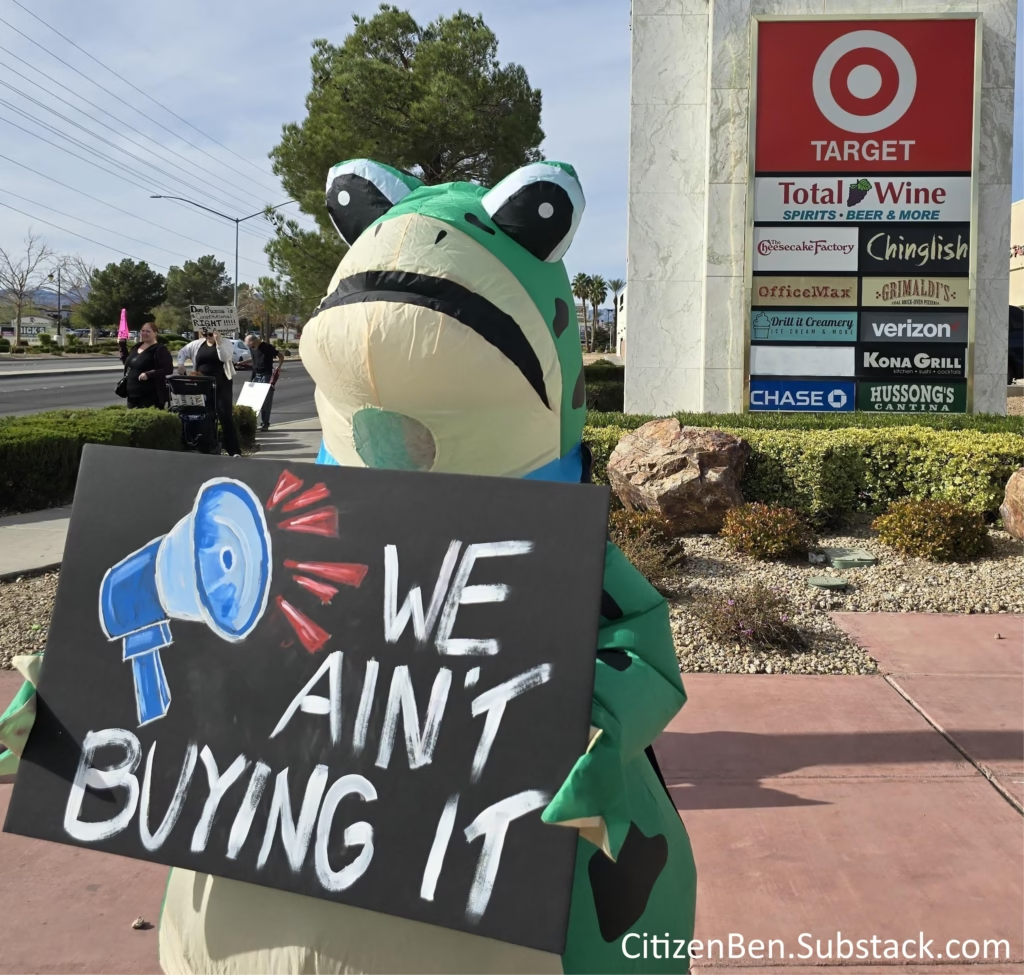People of Color and LGBTQ Rights are Degrading Under GOP
By Ben Cable (Citizen Ben)
After my article on lives of LGBTQ in the early 1900s, a relative of mine responded on Facebook, “What has changed so far?” I do not think he was being malevolent, but it gave me thought. If someone has not walked a mile in someone else’s shoes, they likely would not have the same calluses on their feet.
This year, we’ve witnessed a distressing erosion of rights for People of Color (POC) and LGBTQ+ individuals, marked by aggressive rollbacks of diversity, equity, and inclusion (DEI) initiatives. These actions have not only marginalized communities but have also led to the termination of employees and the dismantling of critical anti-discrimination protections.

Photo by Devon Wilson on Unsplash
Since Trump has taken office, the rights and protections of POC and LGBTQ+ individuals have faced unprecedented challenges. The Trump administration’s aggressive rollback of diversity, equity, and inclusion (DEI) initiatives has led to alarming policy changes, including the removal of explicit bans on segregated facilities in federal contracts, the undermining of anti-trafficking efforts, and erosion of housing and employment protections. These actions have not only marginalized vulnerable communities but have also paved the way for increased discrimination and a surge in hate crimes.
Executive Actions and Policy Shifts
In January 2025, President Trump issued executive orders that significantly undermined federal civil rights protections and DEI programs. These orders reversed protections for transgender federal employees, POC and LGBTQ+ employees of federal contractors, stripping away safeguards that had been in place since 2014.
The U.S. Equal Employment Opportunity Commission (EEOC) has signaled a crackdown on DEI policies, warning employers that standard workplace practices like diversity training and affinity groups may violate federal anti-discrimination laws. This represents a stark shift in enforcement priorities, casting a shadow over initiatives that foster inclusive work environments.
Impact on Employment and Workplace Protections
The rollback of DEI programs has had immediate and severe consequences in the workplace. Companies are rescinding commitments to protect Black and LGBTQ+ rights, leaving marginalized communities vulnerable to discrimination. For instance, Amazon quietly removed pledges to safeguard these groups from its corporate policies, aligning with broader corporate retreats from DEI initiatives.
Legal experts warn that dismantling DEI programs could lead to increased discrimination or have a disparate impact on employees of protected classes. While state and federal anti-discrimination laws remain in place, the absence of proactive DEI initiatives may result in workplaces becoming less equitable and more hostile for marginalized individuals.
Targeting of DEI Advocates
The administration’s purge of DEI initiatives has extended to targeting individuals associated with these programs. Career civil servants who previously worked to implement policies aimed at reducing discrimination have been placed on leave and terminated. The Office of Personnel Management has reportedly encouraged the dismissal of staff members involved in DEI work and urged workers to report colleagues continuing such efforts.
Legal Challenges and Resistance
These aggressive rollbacks have sparked numerous legal challenges. Civil rights organizations, including the National Urban League and Lambda Legal, have filed lawsuits contesting the administration’s actions, arguing that they violate constitutional protections and civil rights laws. Federal judges have issued temporary restraining orders in some cases, blocking certain provisions of the executive orders.
The systematic dismantling of DEI programs and protections for LGBTQ+ individuals since December 2024 represents a profound step backward in the fight for equality and justice. These actions not only threaten the livelihoods of marginalized communities but also undermine the foundational principles of diversity and inclusion that enrich our society. It is imperative for individuals, organizations, and advocates to remain vigilant and resist these regressive policies to ensure that the rights of all individuals are upheld and protected.
A DEEPER DIVE
Segregation Policies Resurface in Federal Contracts
In a significant and troubling move, the Trump administration rescinded Executive Order #11246, a landmark directive established in 1965 to prohibit federal contractors from engaging in employment discrimination. This revocation effectively removes explicit bans on segregated facilities, such as restrooms and dining areas within workplaces holding federal contracts. Legal experts and civil rights advocates have decried this action as a symbolic yet substantial step backward, undermining decades of progress toward workplace equality.
Compromising Anti-Trafficking Efforts
The administration’s DEI rollback has also severely impacted anti-trafficking initiatives. Executive orders now compel law enforcement agencies, state departments, and non-profit organizations to eliminate references to victims’ LGBTQ+ identities, race, and immigration status from their communications. This policy change hampers the ability to identify and support marginalized groups who are disproportionately vulnerable to trafficking, fostering a climate of fear and stigmatization. Experts warn that these changes will have dire consequences, potentially endangering lives and hindering overall anti-trafficking efforts.
Erosion of Housing and Employment Protections
The dismantling of DEI programs has led to the removal of critical housing and job protections for LGBTQ+ individuals. Without these safeguards, there is a heightened risk of discrimination in employment and housing sectors, leaving gay, lesbian, and transgender individuals increasingly vulnerable. The absence of explicit protections opens the door for biased practices, undermining the ability of LGBTQ+ individuals to secure stable employment and safe housing.
Threats to Marriage Equality and Adoption Rights
The current trajectory suggests that marriage equality and adoption rights for same-sex couples may soon come under attack. Legal analysts and LGBTQ+ advocates express concern that the administration’s actions signal a broader agenda to challenge and potentially overturn established rights for gay and lesbian couples. Such developments would represent a profound regression in the fight for equality and the recognition of diverse family structures.
Surge in Hate Crimes
Compounding these policy changes is a disturbing rise in hate crimes targeting LGBTQ+ individuals. Recent data reveals a significant increase in such incidents, with sexual orientation and gender identity-based crimes comprising a growing proportion of reported hate crimes. For instance, in 2023, these categories accounted for 18.1% and 4.1% of hate crimes, respectively, up from 15.7% and 3.6% the previous year. Furthermore, reports indicate that anti-LGBTQ+ attacks nationwide have increased by 112% over the past two years, highlighting a deeply troubling trend of escalating violence and discrimination.
Conclusion
The systematic rollback of DEI initiatives and civil rights protections since December 2024 has placed LGBTQ+ individuals in an increasingly precarious position. The resurgence of segregation policies, the undermining of anti-trafficking efforts, the erosion of housing and employment protections, and the looming threats to marriage and adoption rights collectively represent a concerted effort to marginalize and disenfranchise LGBTQ+ communities. Coupled with the alarming rise in hate crimes, these developments underscore the urgent need for vigilance, advocacy, and action to safeguard the hard-won rights and protections of all individuals, regardless of sexual orientation or gender identity.





